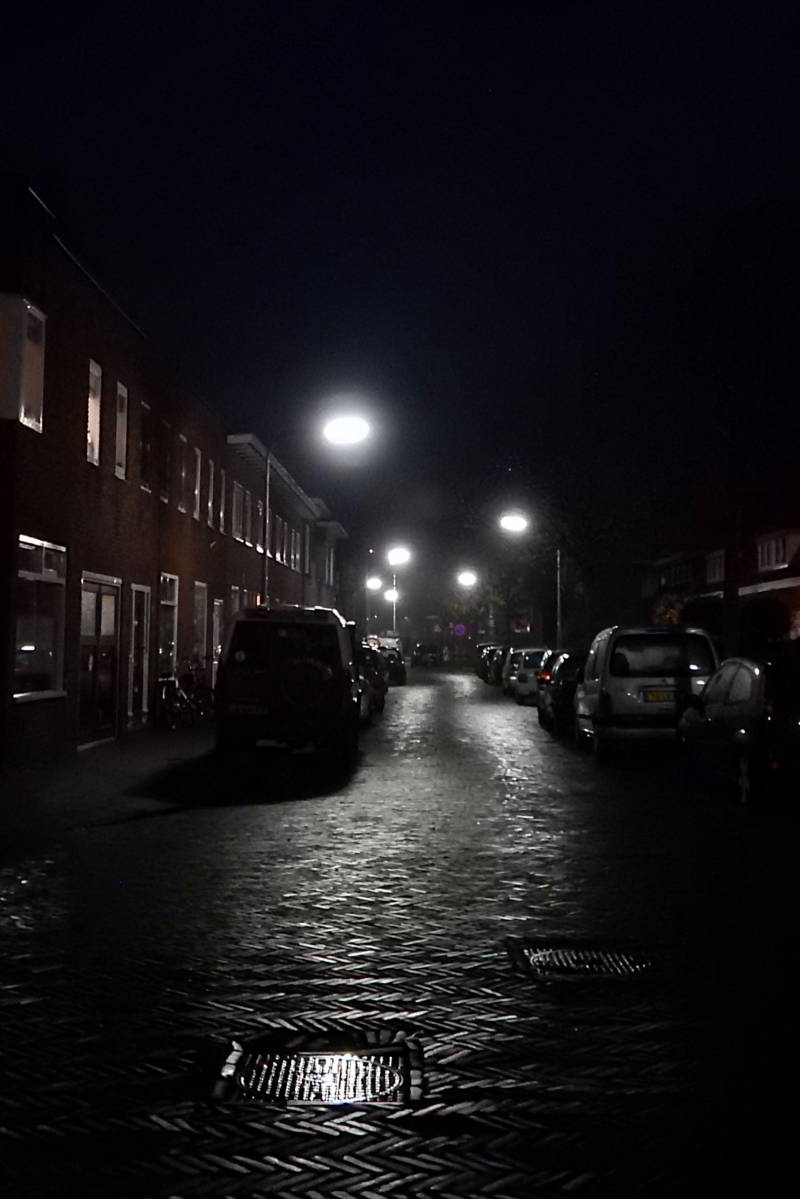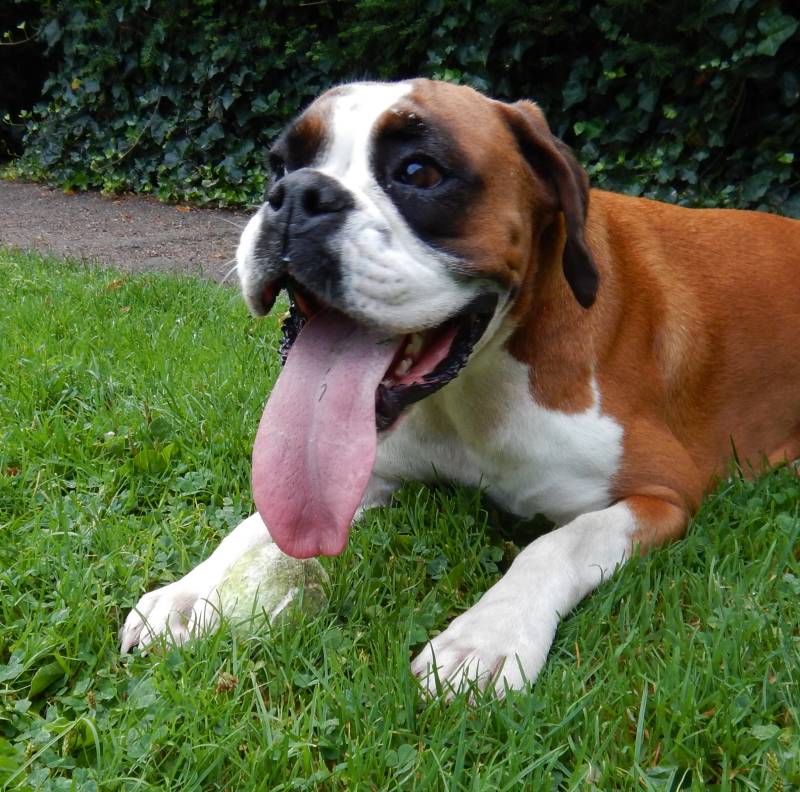
During my somewhat naive younger decades I had this idea that a human body can adapt to anything if one is only perseverant enough. This did prove to bite me in the ass. Of course, it wouldn’t have mattered either way – I had to do the stuff, so it was as motivating a model as any to imagine that it would make me stronger perpetually. Obviously, any challenge does give one a chance to build power, whether that be in the form of stamina, mental or emotional resilience, muscle bulk, skills, sheer speed – but just as obviously, everything has its peak, no matter how indestructible we imagine ourselves to be when we’re young.
The jobs I worked in our first decade or so here were nearly all the kind that challenges physically. All of them contributed, as did the ways we needed to live, to the spinal hernias and arthritis and various tendinitis complaints I enjoy today, but I was very grateful to have them and I have no regrets.
An opportunity had presented itself for us and some friends and other immigrants to attend some language courses at a local community center. The teacher, a volunteer, did a great job and we learned a lot and had some good times. One of her day jobs was working at the distribution center for major national newspapers, and she talked to the boss there about me after I was so badly injured at the stable. I was pretty uncertain about the whole idea, given that this was a legit employer and I was an illegal alien, but she said that the place often gave immigrants a leg up by employing them under the table via one or another trick for a few months. This in fact turned out to be true and I started work the next week, working there around a year I think, maybe somewhat longer. It's a long time ago now, a lot's happened since.
Our shifts were on Fridays and Saturdays and started at 04:00, and at first I rode my bike. I will admit that I was often badly frightened during the 35 minute journey, as my route passed through some of the less savory areas of the city, completely deserted at that hour and dark as a jackdaw’s armpit. My language teacher realized quickly, though, that this was happening and took to picking me up in her car at 03:40. She was a real sweetheart, also even threatening to buy me shoes when she noticed that mine were, in the iciest part of February, worn through in places and held together with string, but I forestalled her and got my own shoes at an irregulars-barn or discount store somewhere. It was fascinating to me, who’d grown up in California, to watch the seasons change while I worked there: in summer, we’d arrive in the faintest early gloaming for our 4 a.m. shift, the sky out the wide-open warehouse doors brightening quickly, and we left at 09:00 in full daylight, whereas in winter, it was still full dark as we pulled out of the parking lot heading home.
As I always do, I threw myself into this job with will and passion, wanting to secure a reputation as indispensable as quickly as possible so that we could keep eating and using indoor plumbing and taking showers. I leaped for any extra shift that turned up, did my work with visible enthusiasm, and strove to improve my performance continually. My work ethic ate my forearms, sank its teeth into my spine, teased away at the laminate on my very bones, much in the way that a later job has eroded my soul. I developed a grossly oversized knot of a muscle in my forearm that remains, in degraded form, today. I liked it, though. There was an easy camaraderie with the rest of the workforce. My way of doing things had been noticed and praised and I was reaping rewards from it, mostly in the form of extra shifts: I was now working four or five days a week. I could shoot the breeze while we worked, it was fantastic for my increasing grasp on what is not an easy language to learn. But yes, it was taking my body apart.
The first thing we would do upon arrival was retrieve for each of us a few bundles of the weekend filler inserts. I found that I could carry three of these with relative ease, arms completely straight, fingers bent under the edges of the bottom bundle, chin pressed firmly against the top of the stack. Once twelve or so bundles had been accumulated, piled on the left with one in front, opened, its folded edge toward me, I’d repeat the process with the full-sized newspapers, carrying these pairs. Everything set up, I’d commence to put the contents of the left stack into the right stack. Simultaneously, my right hand would open

the edge of a newspaper and my left hand would pick up an insert. As my left hand hurled the insert through the exposed gap in the paper, it coming to rest neatly aligned along the spine, I would loosen my right hand and the momentum caused by the impact of the insert would carry the whole set onto the growing stack on my right. When I ran out of newspapers, I would lift the pile of completed sets and carry those across the warehouse to the tables where the delivery folks would pick them up, grab two more bundles of newspapers, and go back to do it again. Within a couple of weeks I was doing between 50 and 70 papers a minute and was the fastest person on site.
My arms felt like raw meat slapped across variously burning and freezing pieces of jagged, inferior steel, I usually couldn't even feel my upper back because the irritated nerves would shut down, and my neck didn’t much like turning anymore, but I was keeping us fed and housed, and I was valued.
I met some interesting people there. I already knew the language teacher, and a friend who was also in the class at the community center started picking up shifts too, and gradually I got to know many of the others. There was a drama student paying his way through a high-class arts school. There were several new immigrants from farther-flung spots around the globe who often shared their stories and their intriguing lunches. A young man who had been a model until injured in a freak accident by a heavy piece of machinery and was now pursuing a degree in mechanical engineering worked with me a couple of days a week. My direct supervisor came in one day with her boxer, and I realized quickly that not only was he the biggest boxer I’d ever seen, he was shy to the point of being cowardly, although obviously used to and not bothered by the bustling workplace. When she came back from a phone call to find us playing together, it launched a series of fantastic house-and-pet sitting jobs, starting with her place, so my husband and I were able to get away for a couple of weeks at a time from our tiny frigid or incandescent (weather depending) apartment and enjoy luxuries like bathtubs, pile carpeting, even barbecues.

This job was one of the luckier experiences to have had, looking back. Like the rest, it bridged a very difficult time financially, but more valuable than that now was the way it introduced me to a wide swathe of regular people, here in my new country where I was only barely starting to get a handle on what constitutes regular people. It showed me the dynamics between different groups, exposed me to banter, dialects,
arguments, debates about politics, and all the polite ways to maintain small talk. I was able to observe what was and wasn’t valued in a worker of my station – which, despite all efforts to earn creatively, has always teetered between manual labor and the service industries – and what to do about mistakes. It was an enormously informative time and I value it highly even as I lament my elbows, which have never been the same.
I stopped when I just couldn’t work anymore. Literally could not. If I tried to use my hands for pretty much anything the pain, a combination of visceral electric shocks, dragging sick miasmas of muscular misery, and a burning sensation quite literally like someone running a cigarette lighter along the underside of my forearm, would make me cry out and the hands would shut down, dropping something if I was holding it. I spent my days huddled in a ball around my forearms, clutched protectively into my belly, rocking back and forth whimpering and listening to the BBC while I stared out the window. I didn’t have health insurance, but the accident with the stairs and my knee had helped me find a medical center staffed by volunteers; through them I was receiving advice, physical therapy, and huge amounts of ibuprofen. It was around a year before I could do much that was useful again, and in this time my husband found the job at the mushroom farm referenced in the blog post about getting pinned to a freezing marble floor, and when I could, I joined him there.
Add comment
Comments